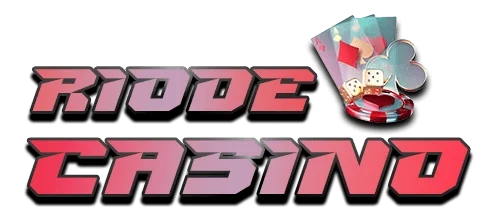Long before the Nintendo Switch made hybrid gaming a household concept, Sony embarked on its own ambitious foray into the handheld market with the PlayStation Portable, or PSP. Launched in 2004, the device was a technical marvel for its time, boasting a gorgeous widescreen display, powerful hardware capable of near-PS2 quality graphics, and multimedia functionality that felt futuristic. While its successor, the PS Vita, often garners the retro praise today, the PSP’s library is a fascinating time capsule of innovation and bold experiments, housing some of the most unique and best portable games ever made. Its legacy is not just in the hardware but in the daring software that defined it.
The PSP’s greatest strength was its ability to deliver authentic, console-like situs slot gacor experiences on the go. This was brilliantly demonstrated by its robust lineup of ports and spin-offs from major franchises. Titles like God of War: Chains of Olympus and Ghost of Sparta were not mere watered-down imitations; they were full-fledged prequels that captured the brutal combat and epic scale of their console brethren perfectly. Grand Theft Auto: Liberty City Stories and Vice City Stories achieved the previously unthinkable: bringing the vast, open-world chaos of Rockstar’s flagship series to a pocket-sized device. These games gave players a genuine taste of home console power anywhere they went, a promise that few devices had successfully delivered before.
Beyond these impressive technical showcases, the PSP became a fertile ground for new and experimental IPs that have since become cult classics. The Monster Hunter series found its first major western audience on the PSP with Freedom Unite, creating a phenomenon of ad-hoc multiplayer meetups and forging a dedicated community. The tactical RPG Final Fantasy Tactics: The War of the Lions received a definitive port that introduced the masterpiece to a new generation. Quirky, original titles like LocoRoco, a cheerful blob-rolling puzzle game, and Patapon, a rhythm-based god-game, showcased a playful side of Sony that was unique to its handheld division. These games were defined by their creativity and charm, offering experiences unavailable anywhere else.
While the PSP ultimately succumbed to the overwhelming dominance of the Nintendo DS, its impact is undeniable. It proved there was a market for high-fidelity, core gaming experiences on a portable device. It served as a testing ground for ideas and franchises that would later flourish on home consoles. Today, for collectors and retro enthusiasts, the PSP library remains a goldmine. It represents a specific, ambitious moment in gaming history—a time when a company bet big on a powerful, multifunctional handheld. Revisiting its best games is not an act of mere nostalgia; it’s an appreciation of a portable revolution that pushed the boundaries of what a handheld game could be.
